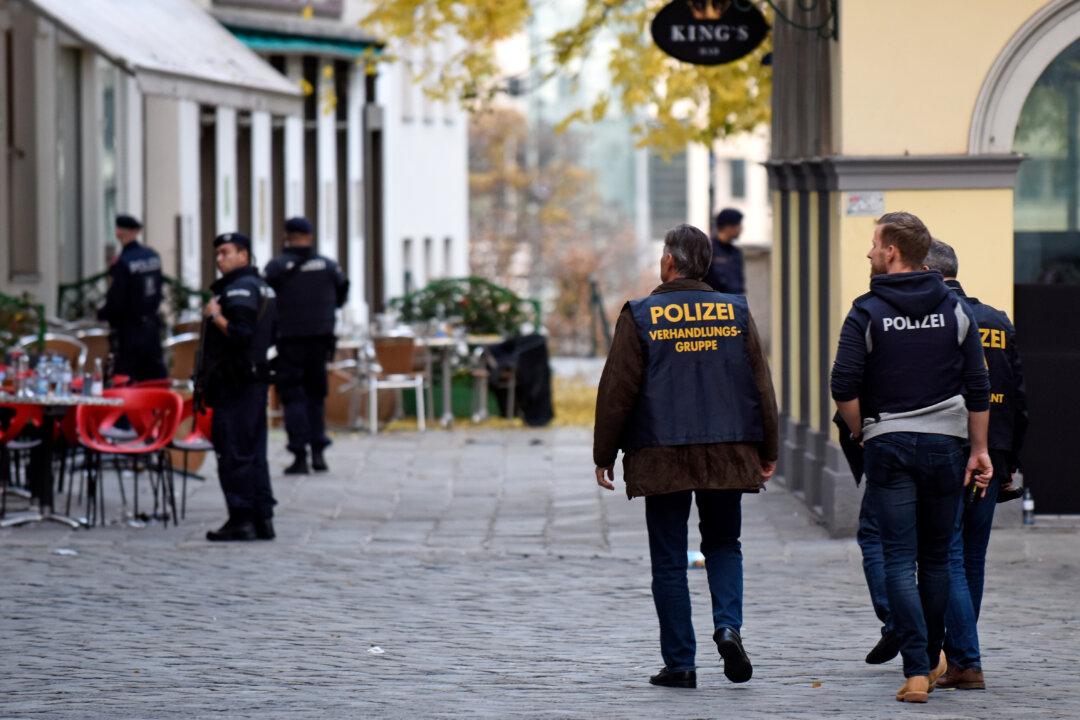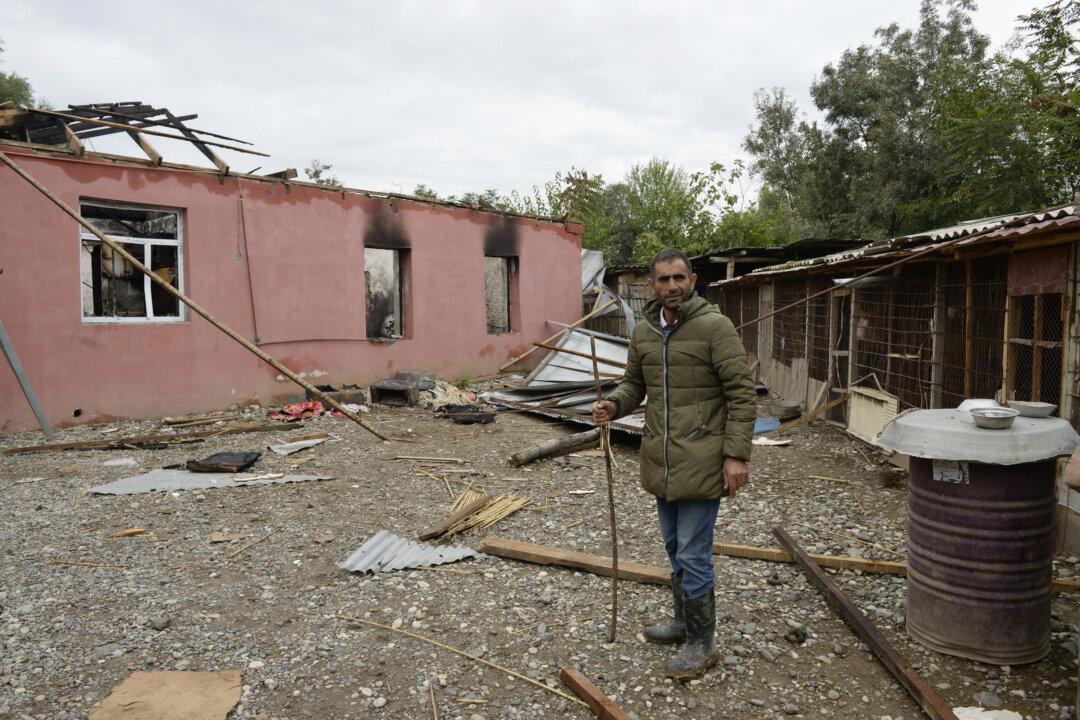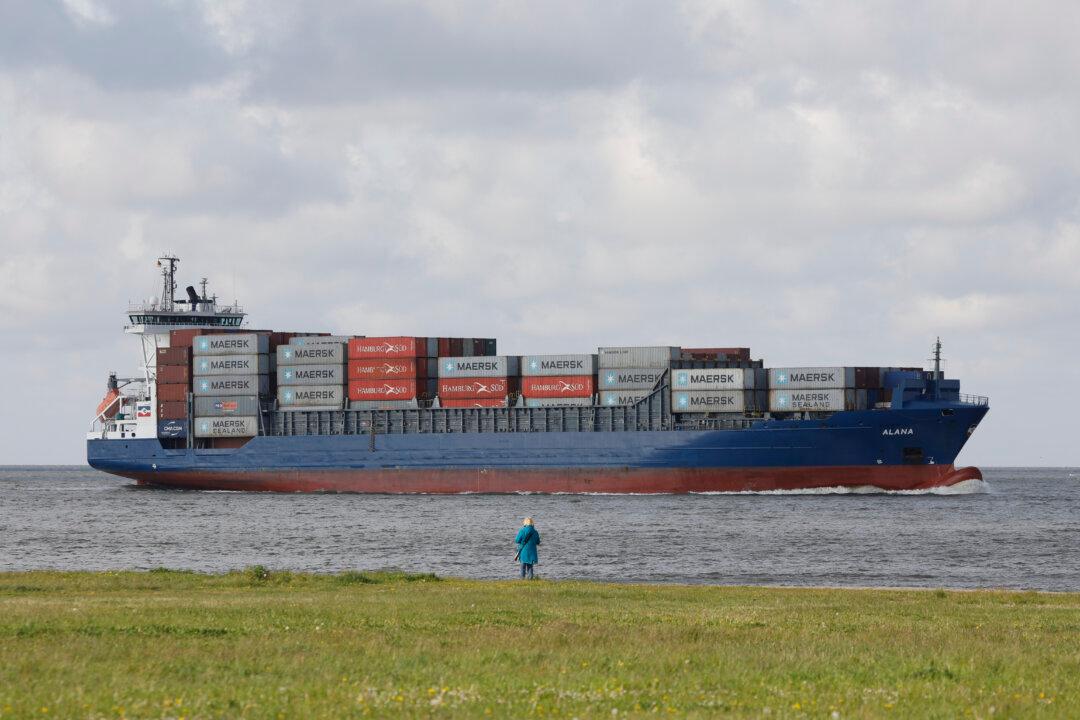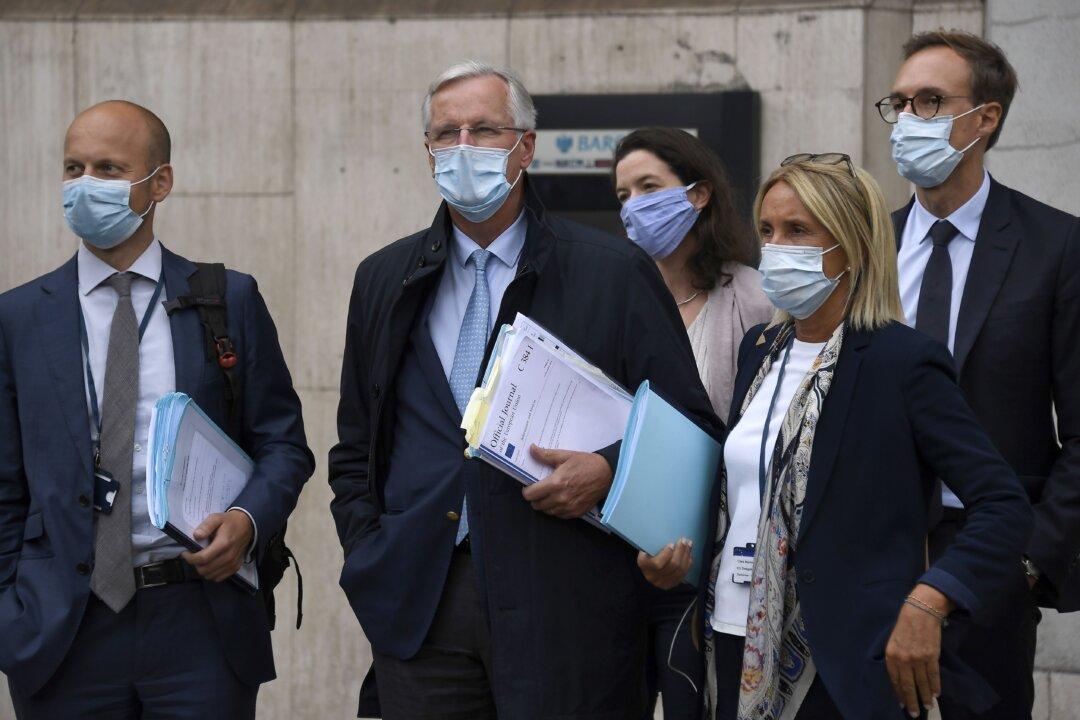BRUSSELS—The European Union is poised to draw up a fresh round of sanctions against the Venezuelan regime, in response to allegations that the regime has been torturing political opponents.
In a statement, EU foreign affairs chief Federica Mogherini said members of the country’s brutal security services could be subject to measures that include asset freezes and travel bans as part of a new blacklist.




